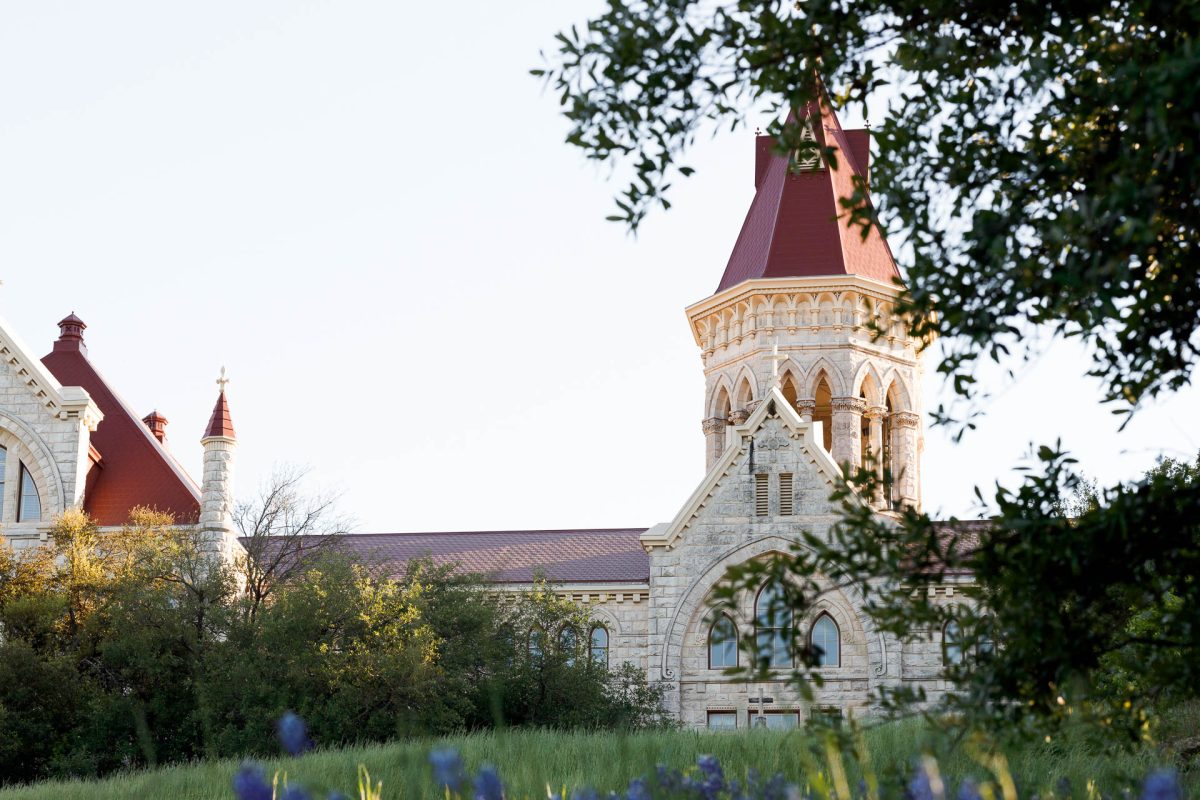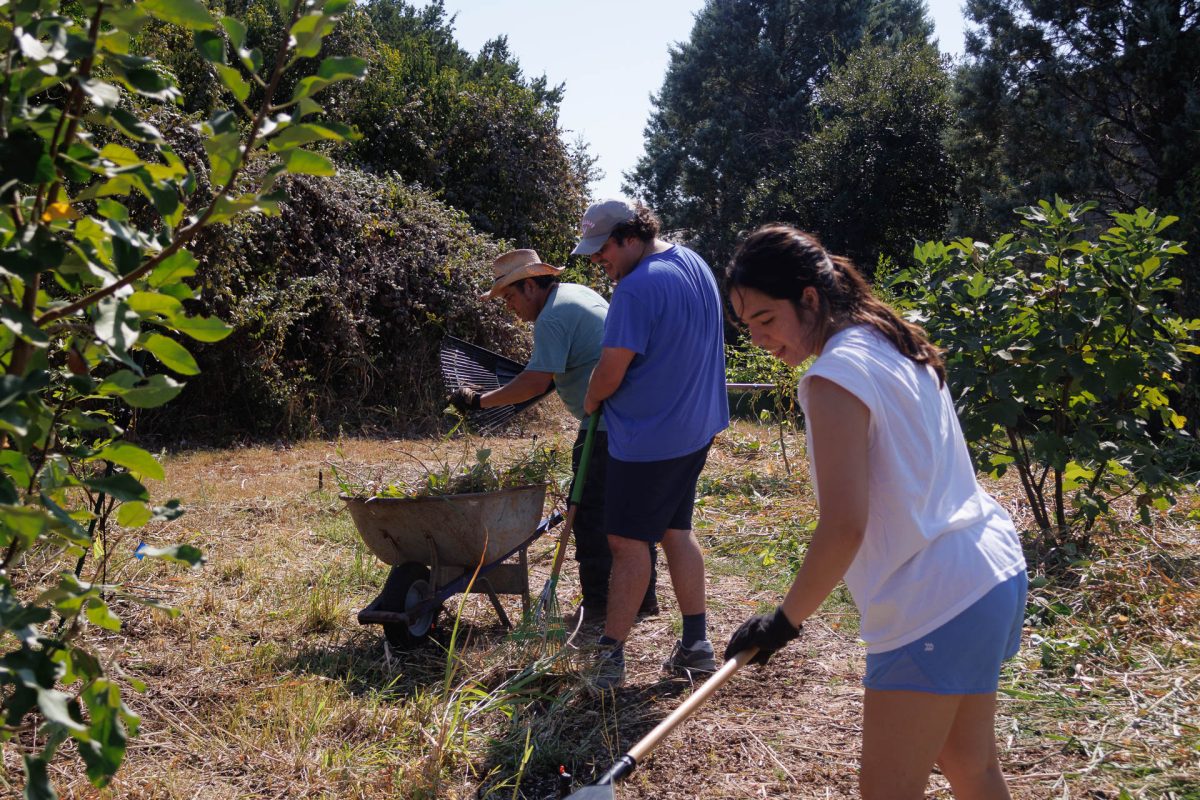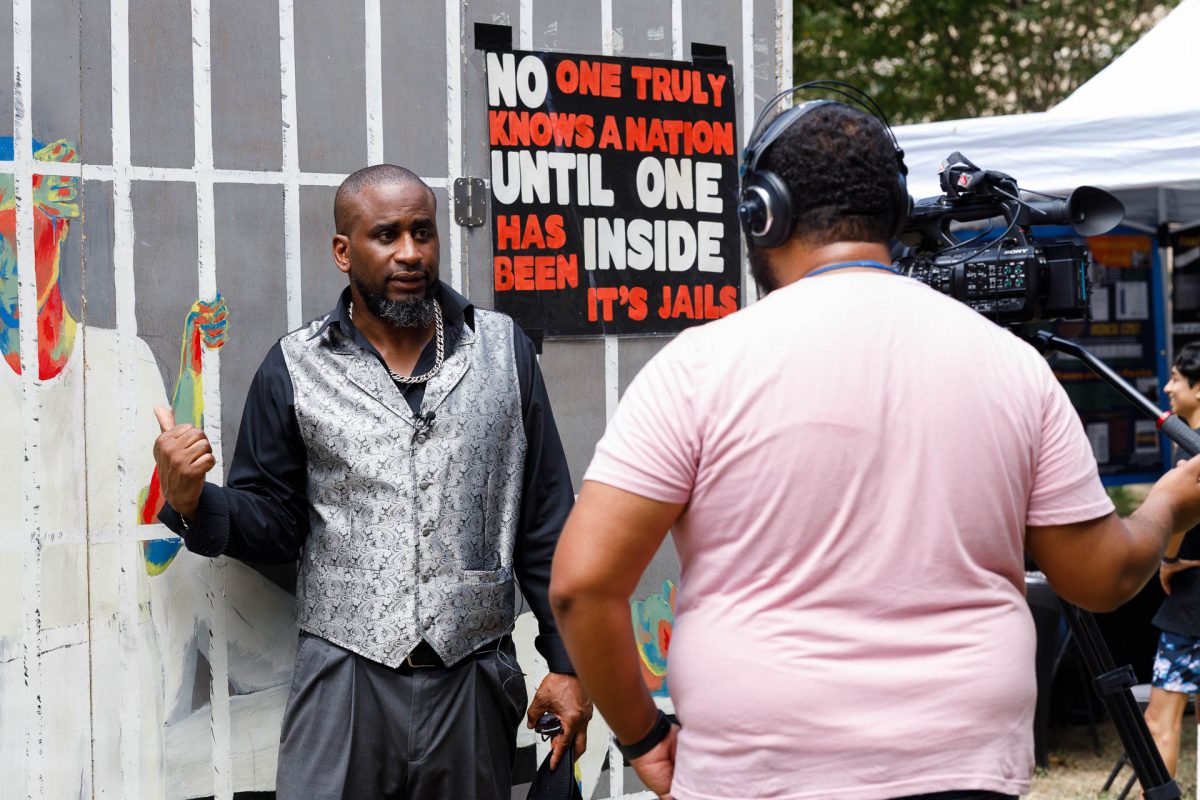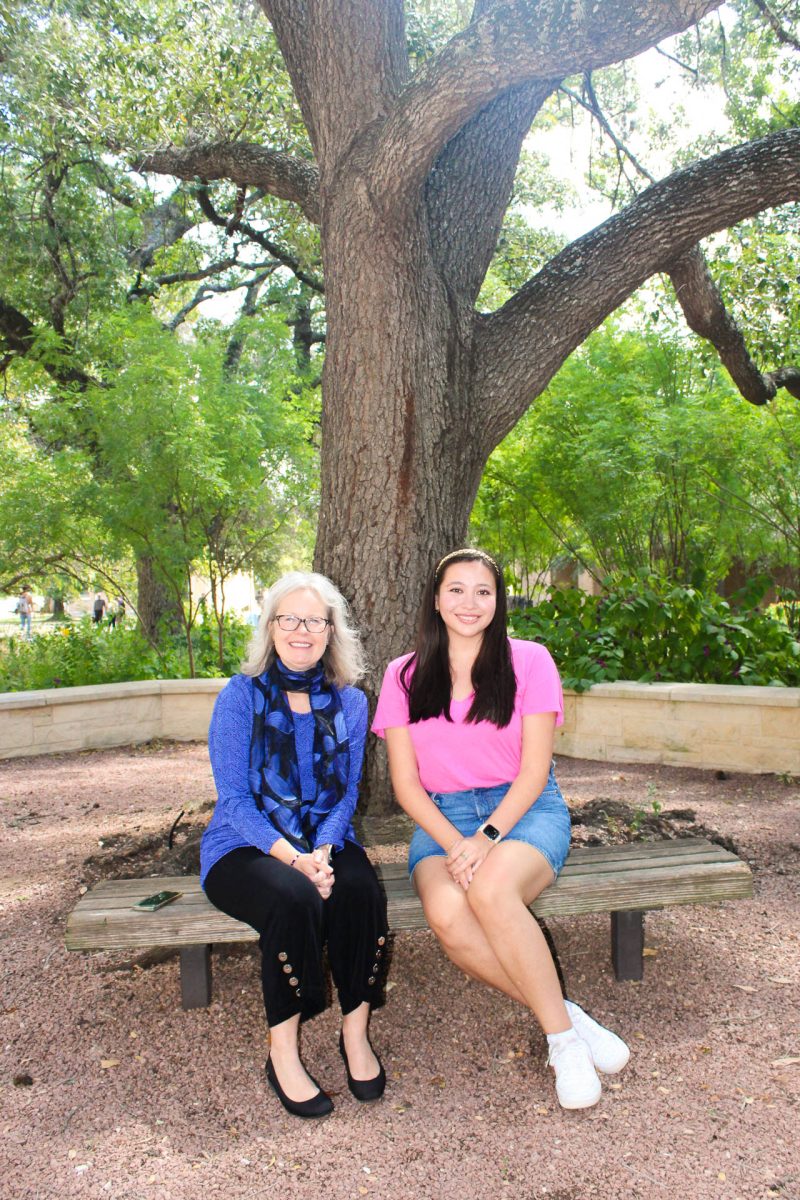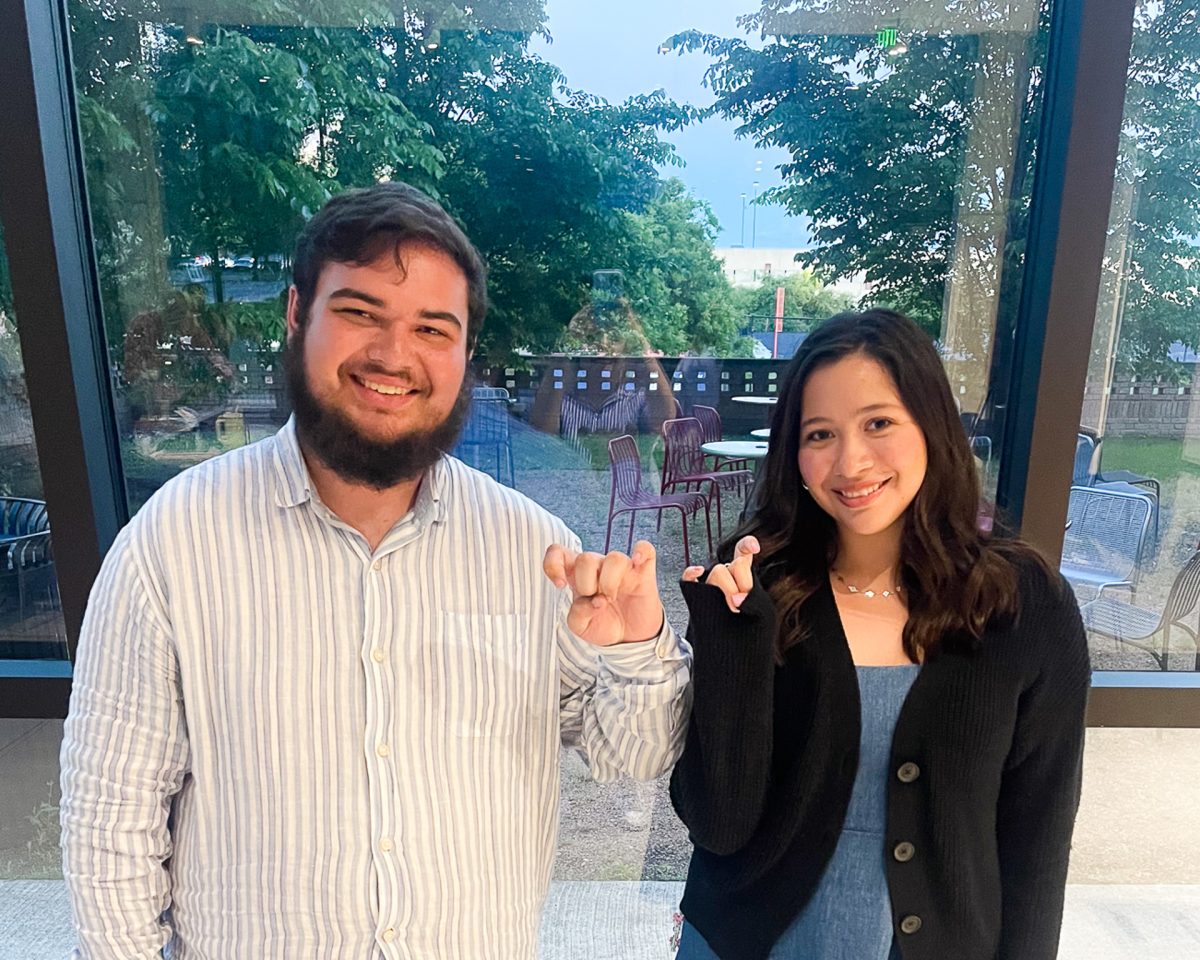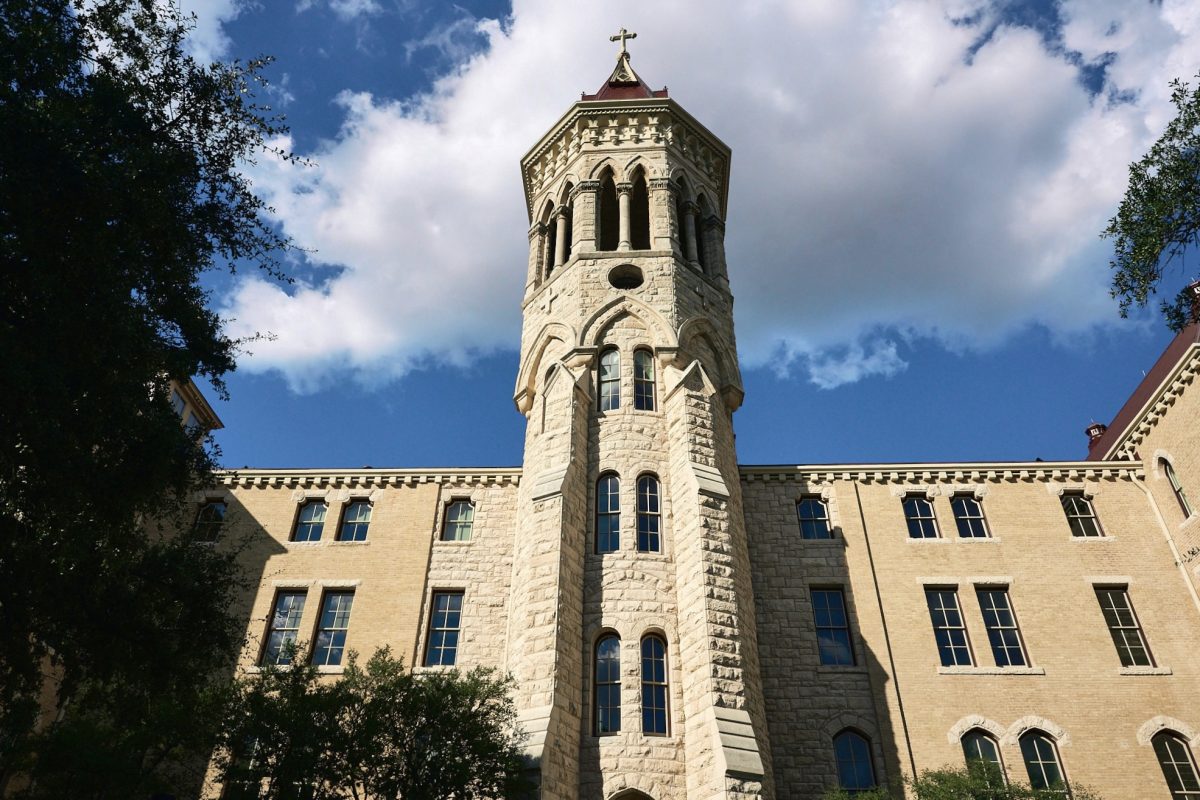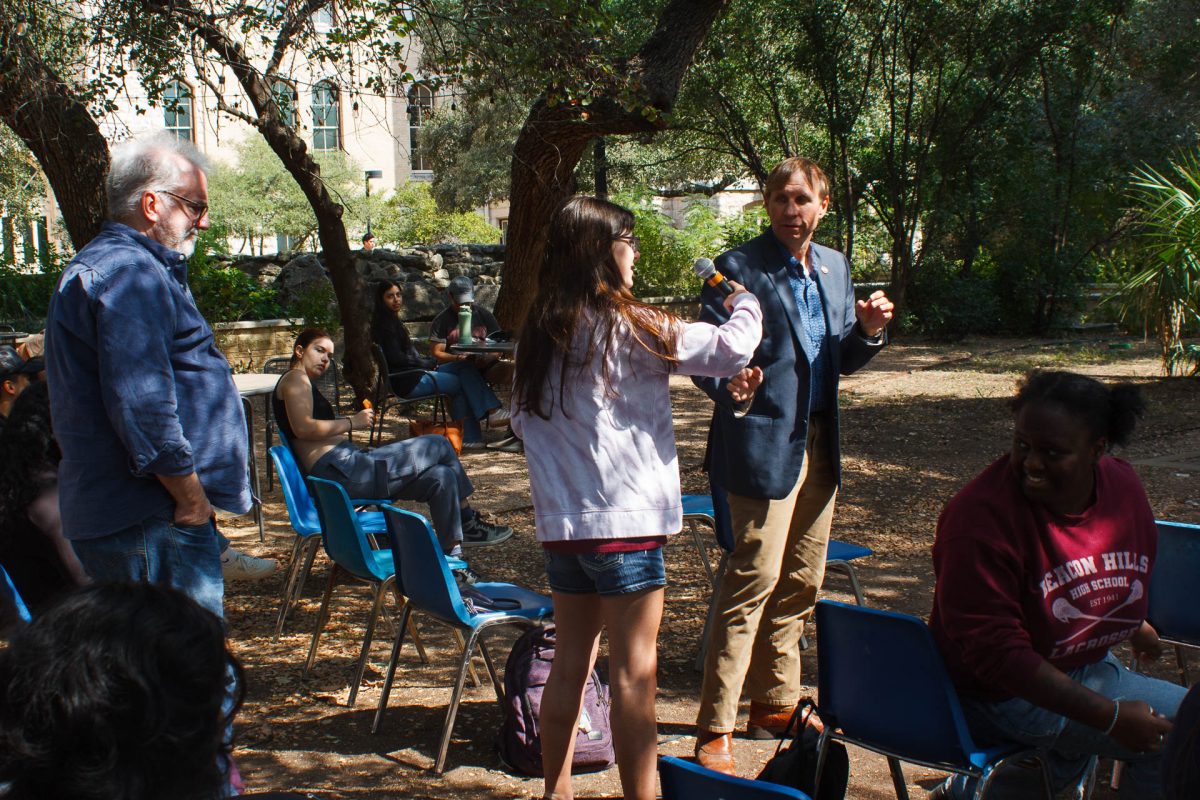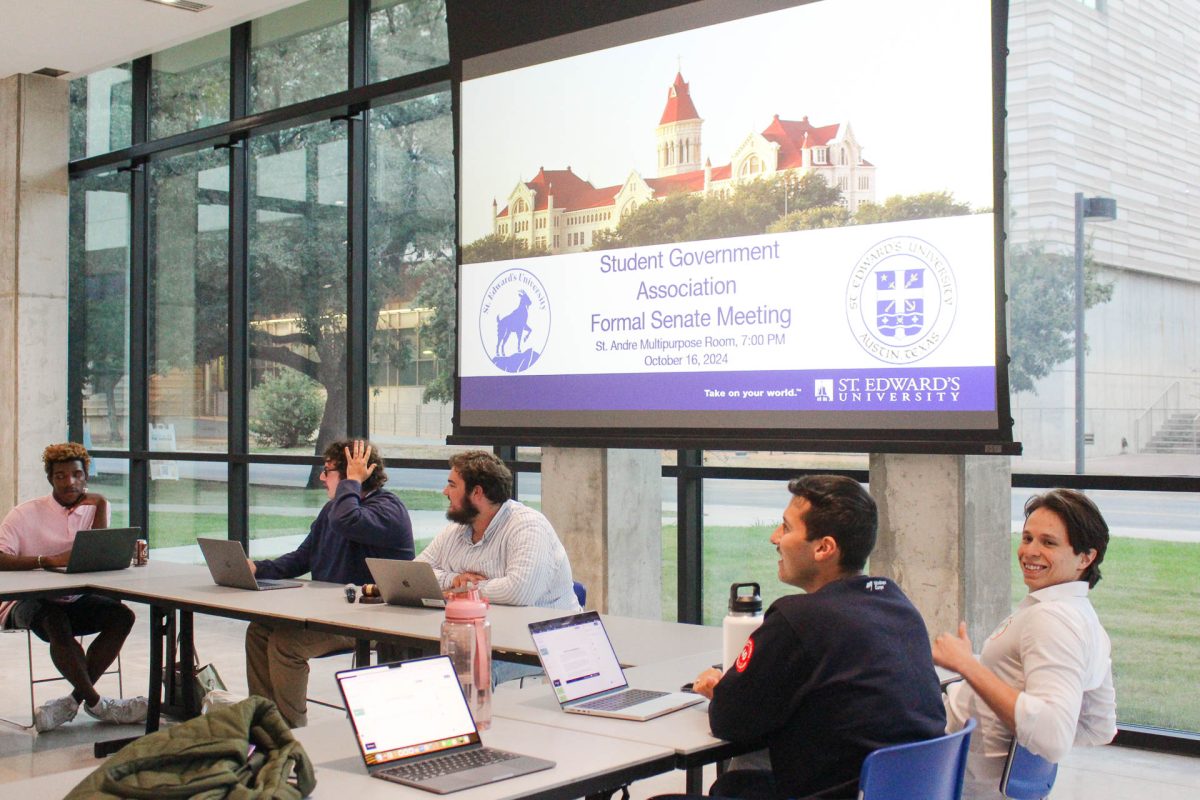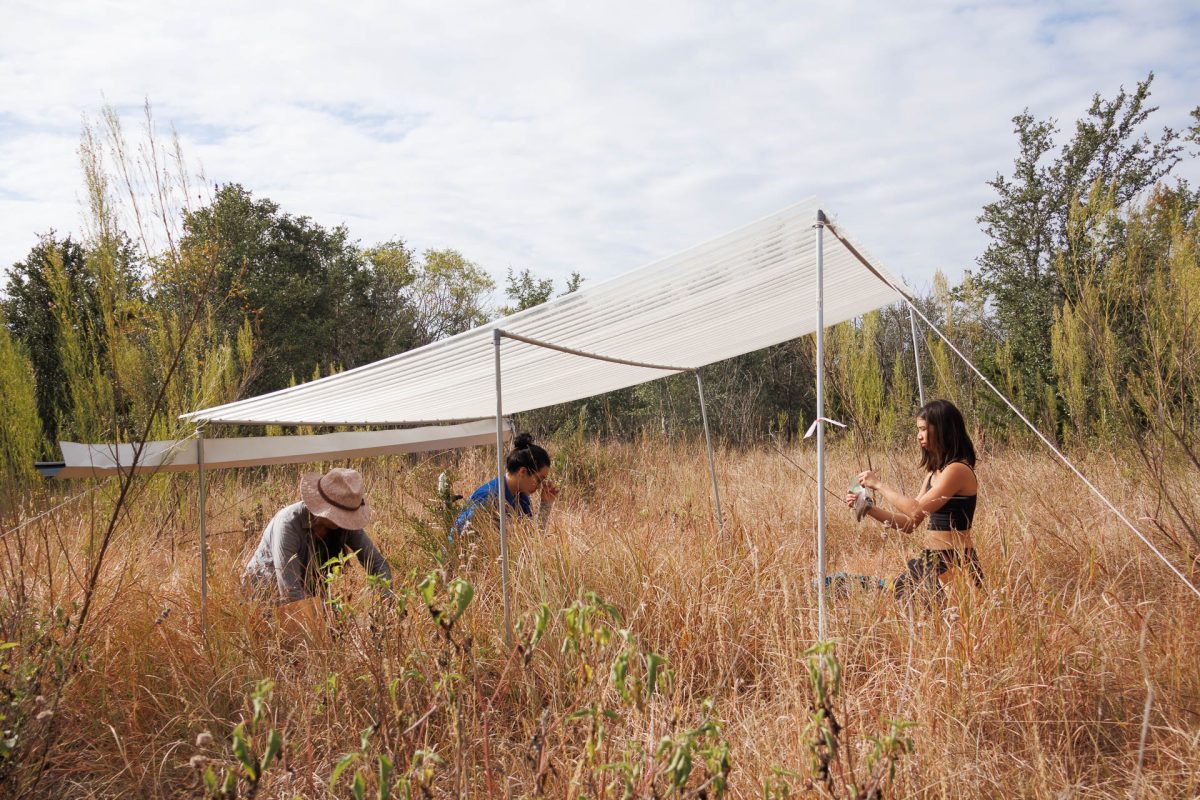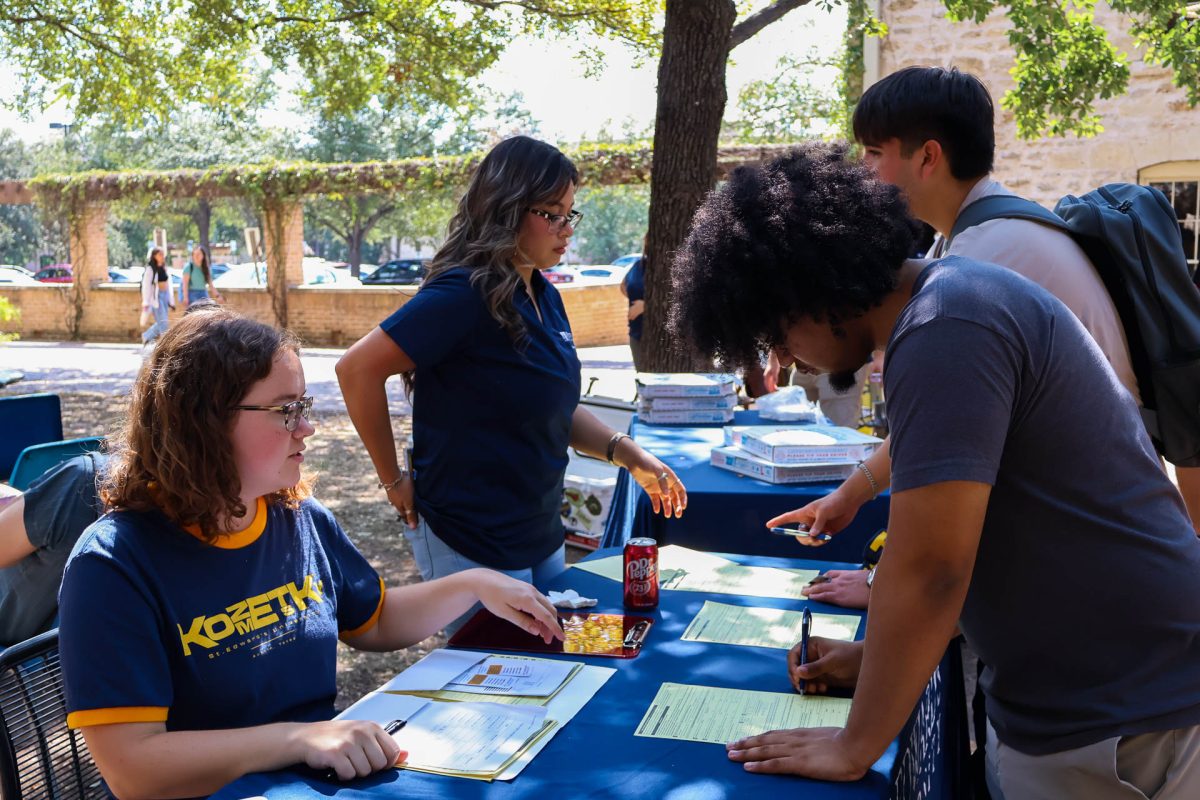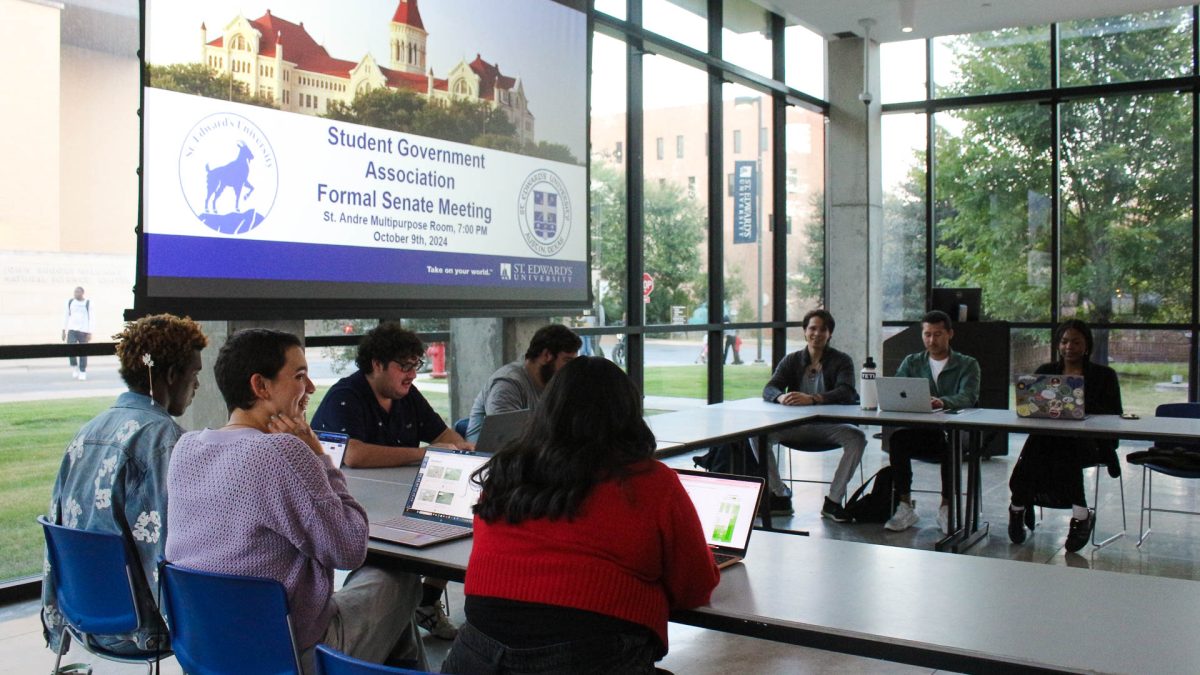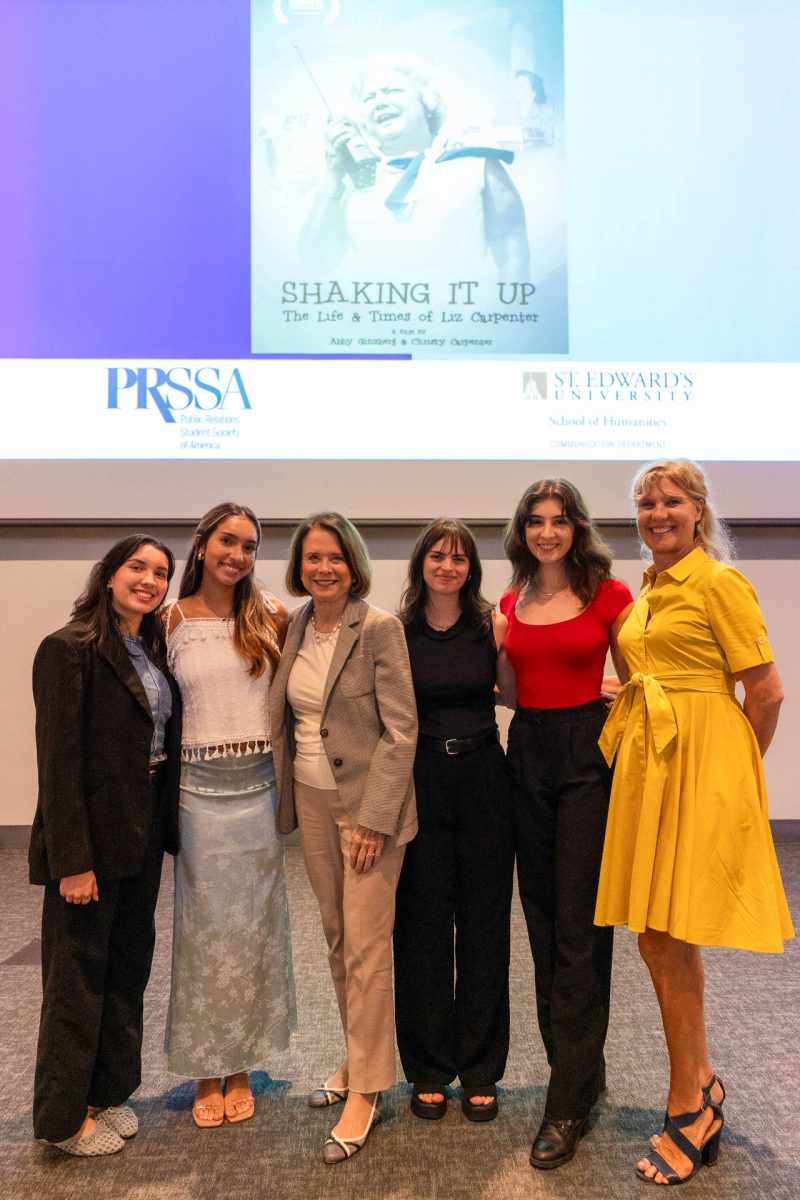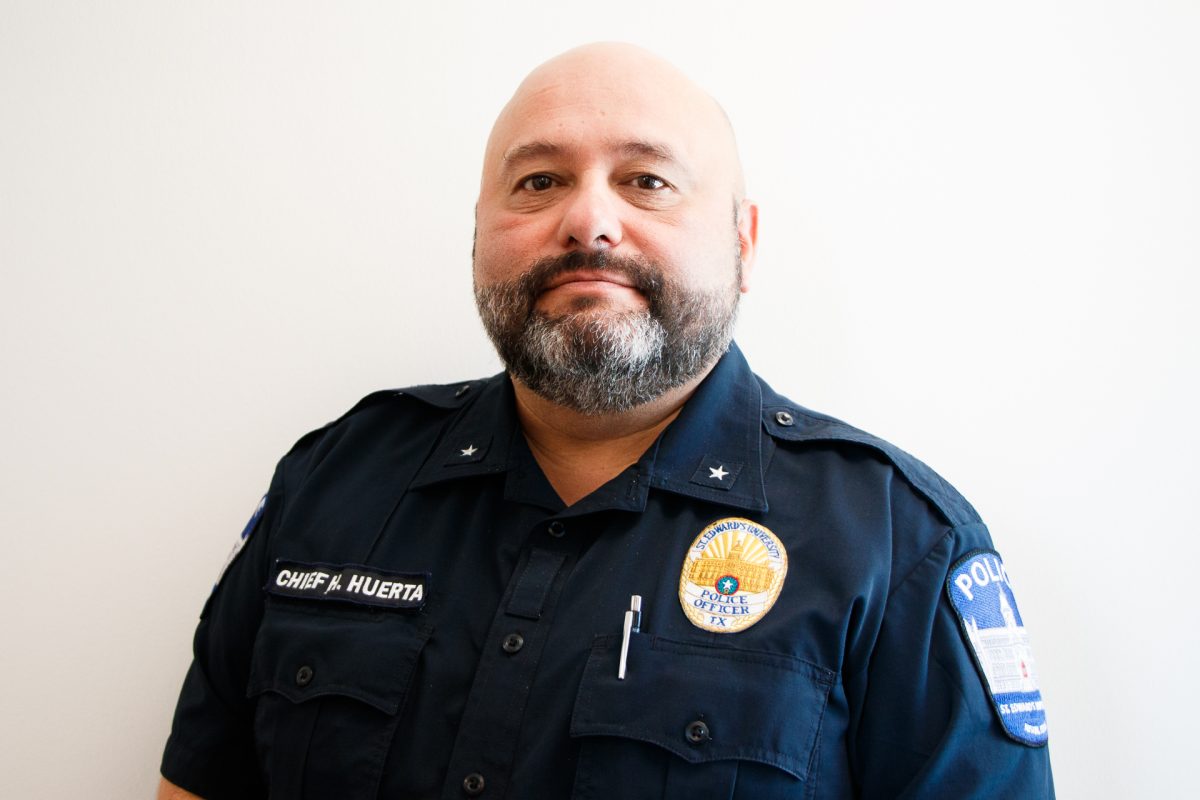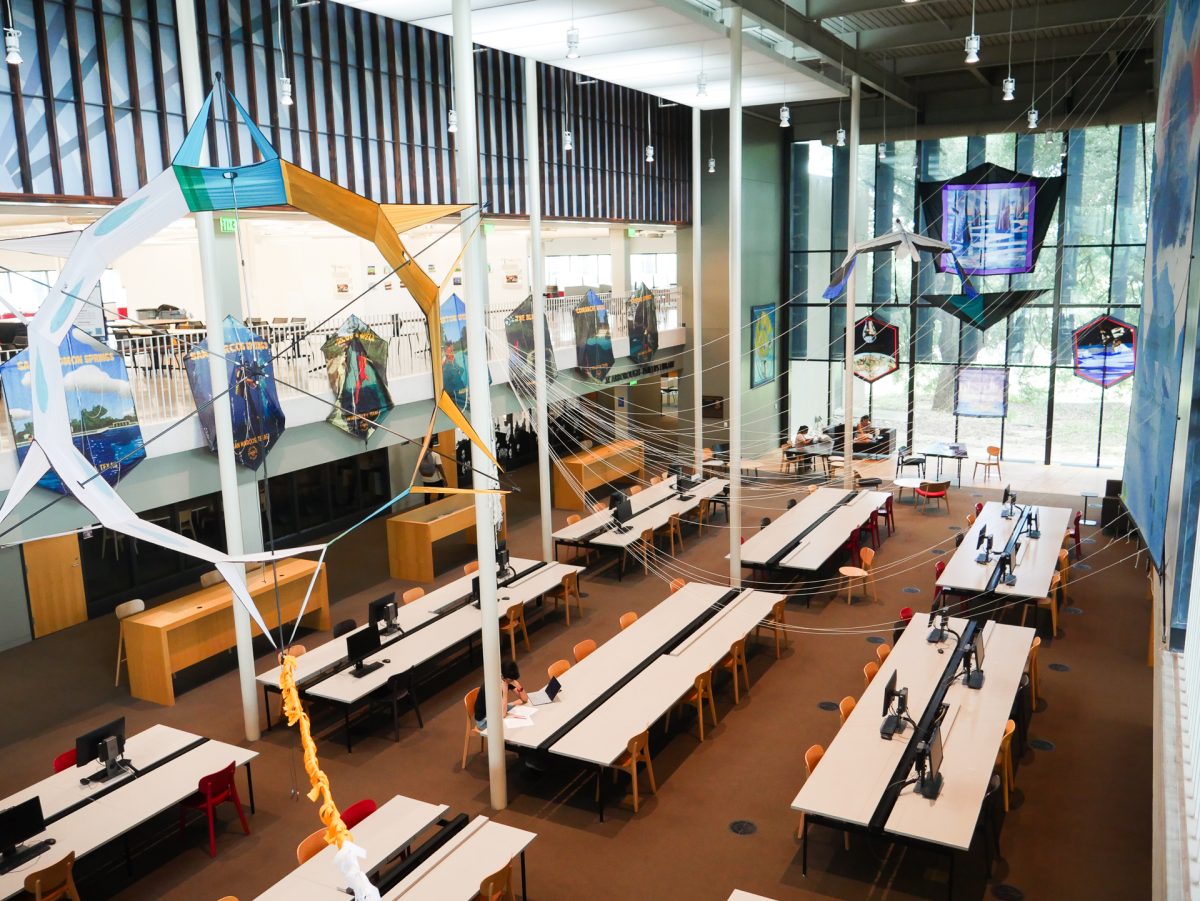An unprecedented meeting between a subcommittee of the Faculty Senate and the Board of Trustees took place on Friday. The agenda of the meeting has not been made public.
On March 6, the Board of Trustees sent an email to students, alumni, faculty and parents affirming the Board’s support for President Fuentes and, regarding the motion for a vote of no confidence, strongly urged the Faculty Senate “to carefully reconsider its current path and more thoroughly exhaust reasonable and viable conflict resolution options available within our shared governance structure.”
Chair of the Literature, Writing and Rhetoric department and Chair of the Faculty Manual Revision Committee Amy Clements is largely involved with revisions and additions to the faculty manual, including the policy for shared governance.
“I certainly think (the meeting) signifies that the shared governance promise is working,” Clements said. “Historically, the senate president has always been able to participate in the board meetings. So, that part isn’t new. But I think what’s new is that the senate president doesn’t have to shoulder all of that alone. As we all know, when someone with less power is entering a group that has more power, the person with lesser power will be more empowered if they have at least one other person with them — so that there is some solidarity. That would mean that the faculty representative now would have some solidarity among a group and to me that’s a sign that the shared governance document is working.”
An official guideline for shared governance is fairly new for the university. It was one of Fuentes’ first orders of business when she became president, according to her five-year Strategic Plan.
“We now have a shared governance agreement that’s published,” Clements said. “We added it to the manual I think only just last year. It was signed by the Board of Trustees, I believe the senate president representing faculty and I believe student government president. It’s an agreement. It’s a promise among those parties for how they will deal with dispute resolution. I can say there’s not ambiguity anymore. People put a lot of time into creating those guidelines, those directions (and) that promise to each other.”
This sentiment is not unanimous amongst faculty. Delia Kothmann Paskos, Ph.D, is one of the faculty senators on the subcommittee that met with the Board of Trustees on Friday. Regarding the process of shared governance, she expresses reservations.
“Unambiguous definitions and best practices for shared governance exist,” Paskos said in an email to Hilltop Views prior to the meeting. “However, it is apparent, over many years, that the administration and faculty have very different definitions and expectations surrounding shared governance. Soliciting and then subsequently dismissing faculty feedback or notifying faculty of unilateral decisions that have already been made is not shared governance by any definition. I have been disappointed and concerned by the communications from the Board of Trustees. Due to those communications, my expectations for the faculty senate and Board of Trustees meeting are reserved. However, I welcome any opportunity for positive change on the hilltop for our collective community.”
While some universities have prescribed procedures for the process of a no confidence vote, it is not scribed anywhere in St. Edward’s University’s official documents.
“It is not a process that’s described anywhere in the manual, or in our bylaws,” Clements said. “At this university, it would simply be a symbolic form of communication. It’s a piece of public rhetoric; it signals that whoever was voting, in this case it was the Senate, doesn’t have confidence in the leadership abilities of, in this case, the president.”
Following the motion for a vote of no confidence passing in the Faculty Senate earlier this month, it is expected to pass on to the Collegium, which consists of tenured professors, tenure-track professors and adjunct faculty teaching two or more classes this semester. Faculty will likely cast their vote via an anonymous survey. Faculty Senate President Jason Callahan sent an email to faculty regarding the timeline before spring break.
“Thank you for your patience as we thoughtfully examine existing issues beyond restoring the flag that led to the challenges we now face and work toward creating meaningful and lasting solutions consistent with our Mission and values,” Callahan said in the email. “We do not undertake this lightly or hastily and will take the time and deliberation needed to engage and inform faculty as much as possible throughout the process and ensure that the basis for any action is serious, well-founded, and necessary as evidenced by unsuccessful reasonable and viable conflict resolution efforts within our shared governance structure. To that end please expect robust opportunity for engagement and involvement after spring break beyond our regular monthly meetings as we proceed per your collective will and input.”
Ultimately, the decision belongs to the Board of Trustees, regardless of the Collegium’s vote. However, student activist Mackenna Bierschenk hopes that the Board listens to the faculty’s voices. Bierschenk has sent two anonymous surveys, one to faculty and one to staff, which have wielded about 45 responses total.
The questionnaires inquired about their thoughts in regard to Fuentes’ leadership capabilities and the motion for a no confidence vote. Some of the faculty responses were included in an initial newsletter put together by Bierschenk, which is linked on an Instagram account, @wheredidtheprideflaggo. The newsletter outlines several of Bierschenk’s concerns, such as some faculty being overworked and underpaid, which are supplemented by anonymous faculty quotes.
Although her initial activism focused on the Pride flag’s removal, she now advocates on behalf of faculty, pushing for a no confidence vote for reasons beyond the flag. An updated newsletter, which now includes responses from the staff survey, has been published on the Instagram page.
“I realized that the pride flag was part of a pattern, it was not a one-off scenario,” Bierschenk said. “Once I realized that pattern, (I realized) I have a platform and I just wanted to keep using it instead of kind of throwing it away and not utilizing its potential.”
The Faculty Senate meets for their regularly scheduled meeting on April 5. The exact timeline of the Collegium vote is unclear.


